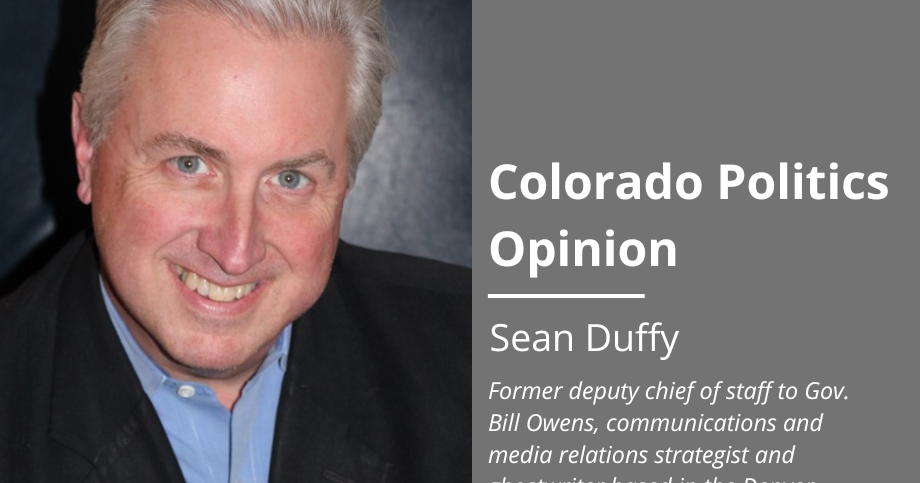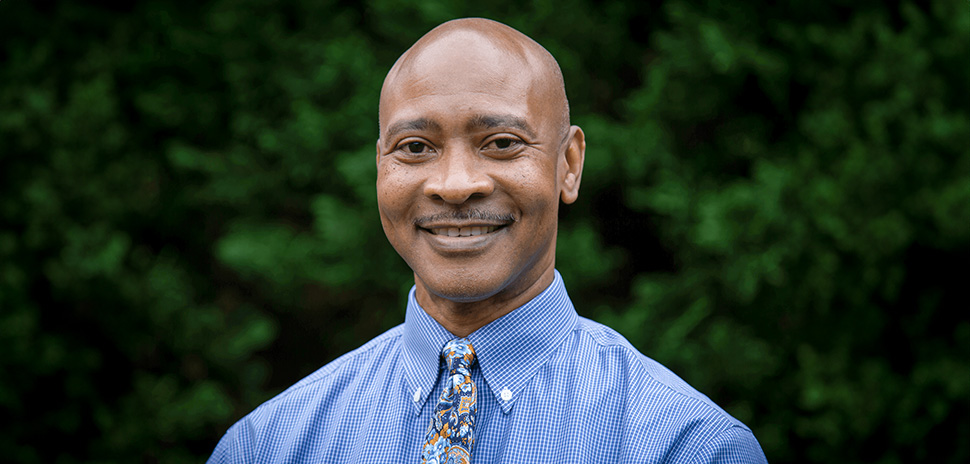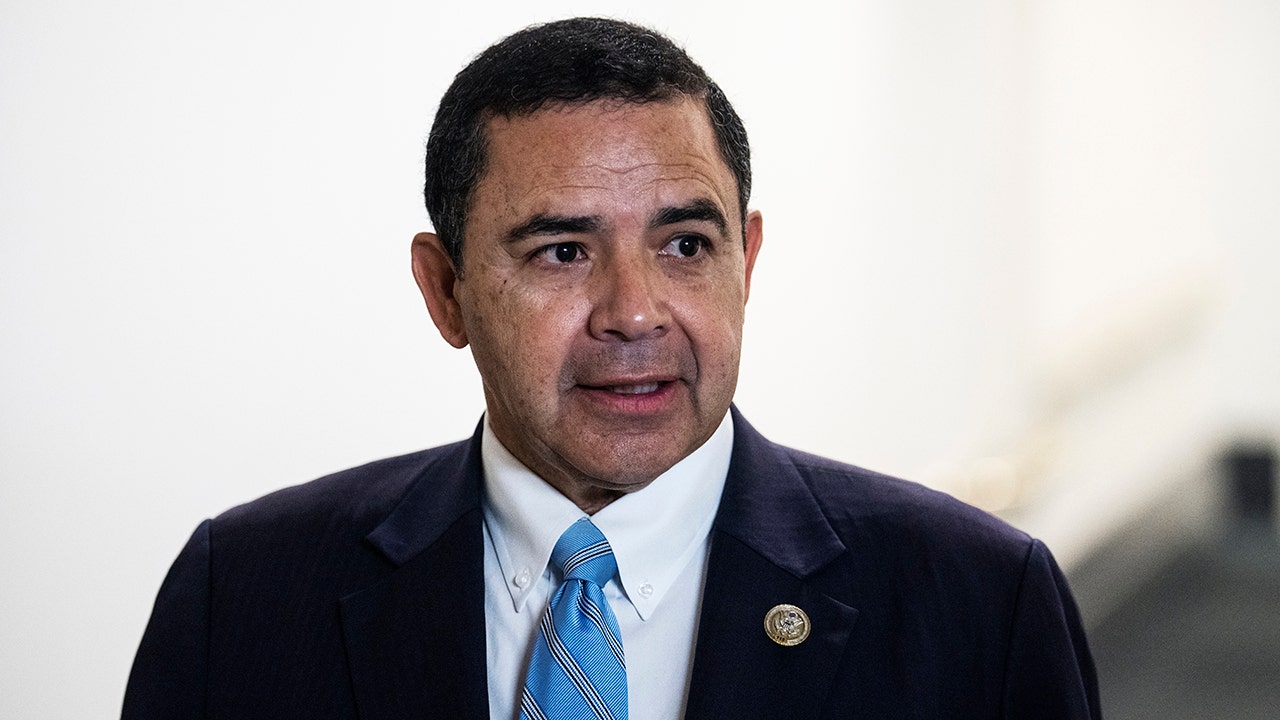Sean Duffy
Is there still hope for decency in disagreement?
This week, on campuses from UCLA to Columbia to Auraria here in Colorado, the wave of anti-Israel protests has again demonstrated the far left in America has little concern for who or what it abuses or destroys.
Will Colorado’s civic and higher education leaders — near-all liberals — stand for decency, enforce the law and allow students who just want to peacefully complete the semester the right to do so? Will they enforce the boundaries that allow for discourse without disorder?
Other liberals have done so. Will Colorado cower and coast, tolerating what cannot be tolerated?
The Auraria Campus is home to three universities — the University of Colorado Denver, Metro State and the Community College of Denver, with about 38,000 students spread across the three institutions.
Stay up to speed: Sign up for daily opinion in your inbox Monday-Friday
Here is the challenge: The vast majority of Auraria students, many from working-class backgrounds and communities of color, are seeking to better themselves through higher education. And their path to progress is overshadowed by dozens of misguided squatters craving attention, soiling themselves (literally and figuratively), wallowing in the mud of their anti-Semitism.
It is unacceptable and cannot be tolerated.
Here and elsewhere, Jewish students and faculty live in fear of harassment and physical violence. Unlike the snowflakes who are “triggered” when a professor “misgenders” them, these men and women deserve a real safe space.
And unlike a century ago, we cannot sit in silence when anti-Semites spew their sewerage.
At the Auraria encampment, Denver Mayor Michael Johnston turned up — back from Detroit and the NFL Draft where he got himself on national television jumping about in a Broncos jersey. In his encampment walkabout, Johnston gave a weak plea to pretty please get off the lawn and hustled out of the way. Apparently, he has not returned.
Gov. Jared Polis, who appoints the head of the state’s Department of Higher Education and the members of virtually all university governing boards, has been quiet. His self-congratulating new program touting ways to “disagree better” could be put to good use, in a setting more combustible than nice dinners with the governor of Utah.
What we are wrestling with is not, at its core, a polite give-and-take about the contours of Middle East policy, debates that have consumed entire American presidencies for decades. It’s not new: Moses and Pharaoh had a similar and memorable dispute.
What this is about is in a nation with robust and thorough constitutional protections for the right to assemble, protest and dissent… but those protections don’t extend to creating your own laws, or your own tent cities, or threatening disorder, assault or murder.
It is not hard. It just takes, to use a term anti-Israel protestors will not like, chutzpah.
University of Florida President Ben Sasse, who has written excellent books about the demise of civility in American life, showed higher education can protect free speech without having to coddle and cuddle those who break the law. He had the university issue a statement explaining it is “not a daycare and we do not treat protestors like children.”
If you cannot attend your university in safety, your government has failed you. If you cannot go to a public event because local authorities are unable, or unwilling, to ensure your security, your government has failed you.
The left condoned this behavior four years ago as violent mobs “redecorated” the Colorado Capitol and ignorantly tore down a non-Confederate statue in the name of racial healing. Elected leaders then were cowardly, afraid to separate legitimate debate from base violent vandalism.
So here we are on the cusp of, as Yogi Berra said, “déjà vu all over again.”
What we are witnessing is a moral gangrene, rotting away the connective tissue of decency that links Americans, and gives life to robust discourse in the public square. It is a decay that cannot be left unaddressed, hoping it will just heal itself. In any spreading disease, strong and necessary intervention is needed.
Leaders make their mark in tough times by standing tall in the arena. Many Democrats, particularly in New York, are rising to the occasion, asserting bedrock American values that disagreement and dissent must be rooted in decency.
So far, in Colorado, we are being led by spineless pygmies.
Sean Duffy, a former deputy chief of staff to Gov. Bill Owens, is a communications and media relations strategist and ghostwriter based in the Denver area.


































